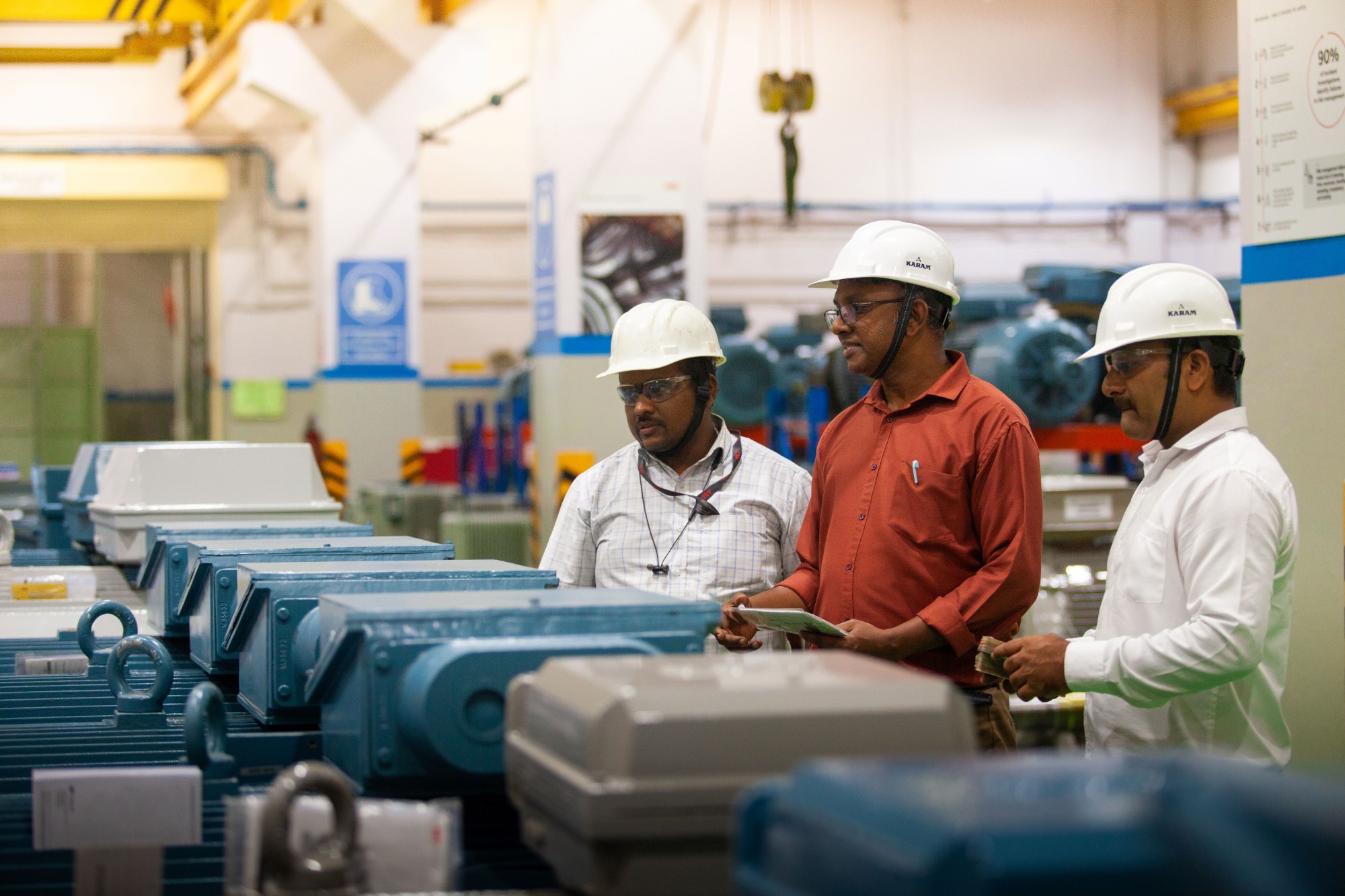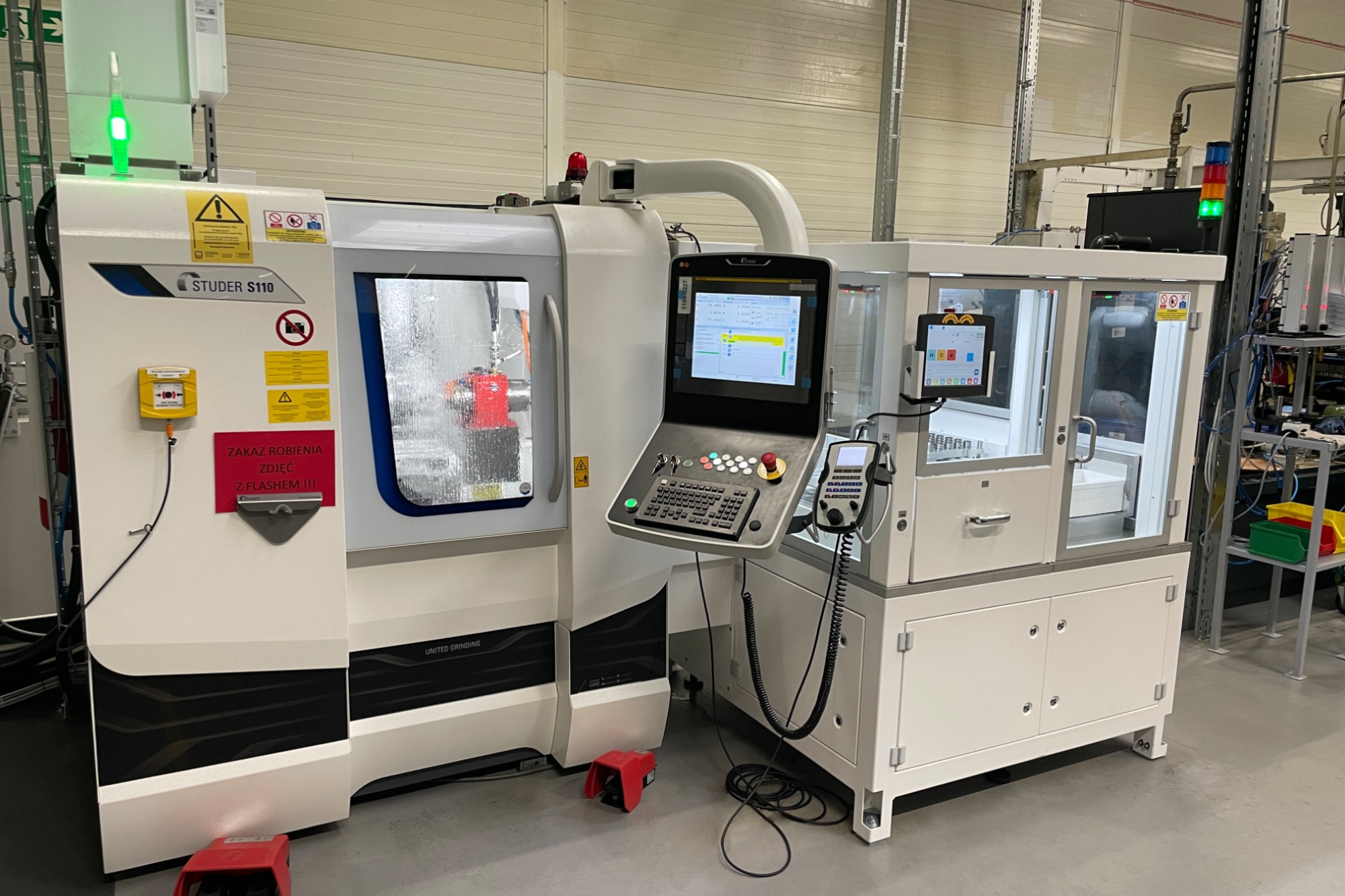Chasing international motor standards to aid energy conservation
By Staff Report September 30, 2024 2:46 pm IST
IEC LV motors of ABB India have saved over 500 GWh annually, equivalent to the annual energy consumption of Sikkim, all inclined to aid energy conservation. Sanjeev Arora, President of Motion Business Area, ABB India Ltd., advocates how older motors are integrated with new standards, all supported by government incentives and international alignment.
ABB India’s IEC low-voltage (LV) motors business has made significant strides in energy conservation. Can you elaborate on this achievement and its implications for Indian industries?
Over the last five years, ABB India’s installed base of IEC LV motors has contributed to annual energy savings of over 500 gigawatt hours (GWh) for Indian industries. This achievement reveals a substantial impact of energy-efficient technologies on reducing industrial energy consumption. In 2023, ABB India’s IEC LV motors witnessed notable progress in the adoption of energy-efficient motors, with ~50% of orders being attributed to the supply of higher efficiency IE3 and IE4 motors.
Can these older motors be retrofitted to meet new efficiency standards, or is a complete replacement necessary?
The government is promoting adoption of energy-efficient motors and is supporting SMEs through various initiatives. Retrofits are encouraged, as they offer a cost-effective solution for upgrading older motors. The government’s efforts help small-scale and medium-scale industries integrate newer technologies without the financial strain of a complete replacement. The introduction of incentives and support from the government makes it feasible for these industries to adopt newer standards.
Would implementing a star rating system for motors, similar to that used for other electrical devices, be beneficial?
While a star rating system could standardize and simplify the comparison of motor efficiency, the industry needs to be more aligned with international standards like IE2, IE3, and beyond. Using these internationally recognized standards rather than developing a separate rating system would help India achieve its target of seeping into the global market. This approach would ensure that Indian products meet international expectations.
What incentives could be suggested for motor upgrades similar to those for green buildings?
The primary incentive for upgrading motors is the return on investment (ROI). If the capital expenditure (CapEx) on a new motor result in cost savings within two years, the subsequent years of operation can be cost-free from a motor investment perspective. Long-term savings and ROI to industries will encourage the adoption of newer and more efficient technologies.
What challenges do SMEs face when upgrading to advanced motor standards, and how should they address these?SMEs, including motor manufacturers, may face challenges in upgrading infrastructure and adopting new technologies required for higher efficiency standards like IE4 or IE5. The Indian government has recognized these challenges and is facilitating gradual transitions to higher standards. The focus should be improving manufacturing processes and adopting sustainable raw materials and advance technologies. As India draws insights from global leaders like China and Europe, the transition can be managed without disrupting existing businesses.
How can renewable energy sources support the energy needs of industries and help achieve sustainability goals?
While solar energy contributes a small percentage to the overall energy mix, industries can adopt various strategies to achieve renewable energy goals. Installing solar plants or engaging in buyback arrangements with external renewable energy suppliers can be implied. Industries can achieve sustainability targets with renewable sources and conventional energy without bearing the full solar installation cost.
What are ABB India’s expansion plans?
ABB India remains committed to its domestic market while expanding its global footprint. We maintain high quality, safety, and superior customer service, supporting our competitive advantage in global and local markets. The Middle East and Africa is part of our export region, and we are actively involved in indirect exports through international OEMs operating in India. Our strategy is to leverage our domain expertise and maintain the highest standards to meet global demands.
Our balance sheet reflects a strong cash position, and if there are right opportunities that complement our product portfolio gaps and align with our strategic goals, we are open for potential acquisitions.
How does ABB view the balance between incentives and regulations in promoting energy efficiency?
Strong policies and guidelines motivate industries to adopt better practices. While incentives encourage voluntary adoption, clear guidelines guide users towards compliance and progress. This balanced approach fosters growth and will help us achieve national energy efficiency goals while supporting industries in their energy transition.
Cookie Consent
We use cookies to personalize your experience. By continuing to visit this website you agree to our Terms & Conditions, Privacy Policy and Cookie Policy.








